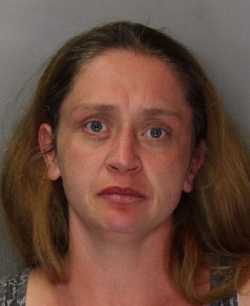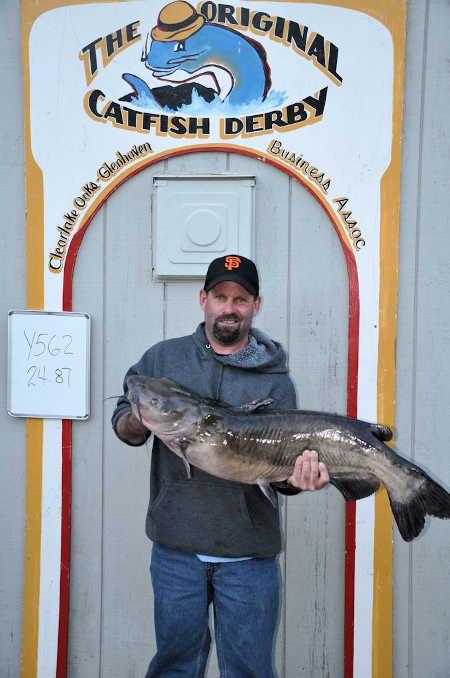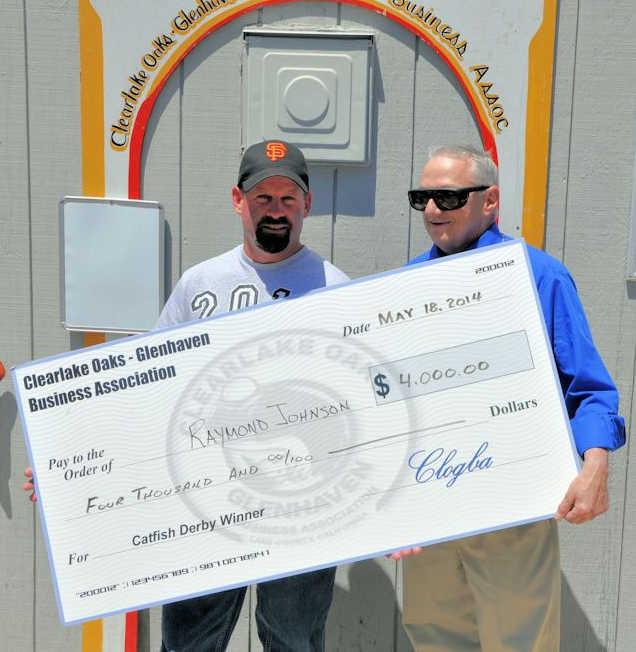- Lake County News reports
STATE: Controller Chiang hits $8 billion audit milestone
State Controller John Chiang on Tuesday announced his office's auditing efforts have now identified more than $8 billion in wasteful, unlawful spending and cost savings throughout the state and local government.
“Audits protect Californians by highlighting problems and restoring accountability,” said Chiang. “The audits have served as a catalyst for greater transparency and improved management of taxpayer dollars, allowing us to transform an accounting office into an accountability office.”
The state controller's audit authority is independent of both the governor and the Legislature.
The $8 billion in total audit findings identified by Controller Chiang is three times as much as any other State Controller (the closest is Kathleen Connell, who identified $2.5 billion between the years of 1995 and 2002).
Some of Controller Chiang's more notable audits have included:
– A top-down audit of the city of Bell, which found rampant mismanagement, unlawful use of state and federal dollars, and illegal property taxes. The controller also investigated Bell's privately-contracted audit firm, finding that the firm had essentially rubber-stamped the city's poor accounting practices for years.
As a result of these audits, the state was able to return approximately $3 million in property taxes to Bell residents.
The controller then successfully sponsored legislation (AB 1248) to create a set of financial internal control guidelines, which could prevent future Bell-like scandals at the local level.
The controller performed similar city-wide audits in Montebello, Stockton, Hercules and Cudahy. He also launched a new website, www.publicpay.ca.gov , to help local taxpayers better track salaries and compensation in their hometowns.
– Finding more than $339 million in overpayments to a Medi-Cal senior care provider in Southern California, which billed at rates that generated an amazing 80 percent profit margin.
The results included a complete renegotiation of the state's contracts that slashed rates with that company and saved the State $352 million, along with the largest settlement in Medi-Cal history.
– Exposing life insurance companies that routinely failed to pay beneficiaries and eventually canceled policies.
Companies would often draw down the cash value of the life insurance policy to continue paying premiums, even when they knew or should have known that the policy holder had died and the beneficiaries should be paid.
After identifying the industry-wide practice, Controller Chiang led a multi-state effort to reach broad settlements with 18 different life insurers.
The settlements promise to return $265 million to surviving families in California and end the practice of draining the value and canceling policies after the insured individual has passed away.
– A comprehensive review of the California State Teachers' Retirement System's (CalSTRS) ability to detect and prevent pension spiking.
That review found several cases of potential spiking that went undetected, and that without improvements, it would take 48 years to audit all agencies in the pension fund.
In response, CalSTRS promised to increase its audit staff by 66 percent, to identify and audit high-risk agencies, and regularly report on their progress to end pension spiking within the retirement system.
This week the Assembly Appropriations Committee will hear AB 2676 (Rendon), a bill sponsored by Chiang that will extend the controller's authority to more quickly identify fiscal mismanagement, help local governments conduct their own audits and independent reviews, and create meaningful consequences for local agencies that fail to provide proper fiscal stewardship.
At any given time, the Controller's Office is conducting in excess of 100 audits. Many of the current audits focus on redevelopment dissolution, ensuring redevelopment assets and liabilities are appropriately transferred to a “successor agency” and placed under the direction of an oversight board to dispose of the assets, pay off obligations, and redistribute excess cash to fund schools, public safety, and other public services.
More on the Controller's audit program can be found on his Web site, www.sco.ca.gov .

 How to resolve AdBlock issue?
How to resolve AdBlock issue? 




































